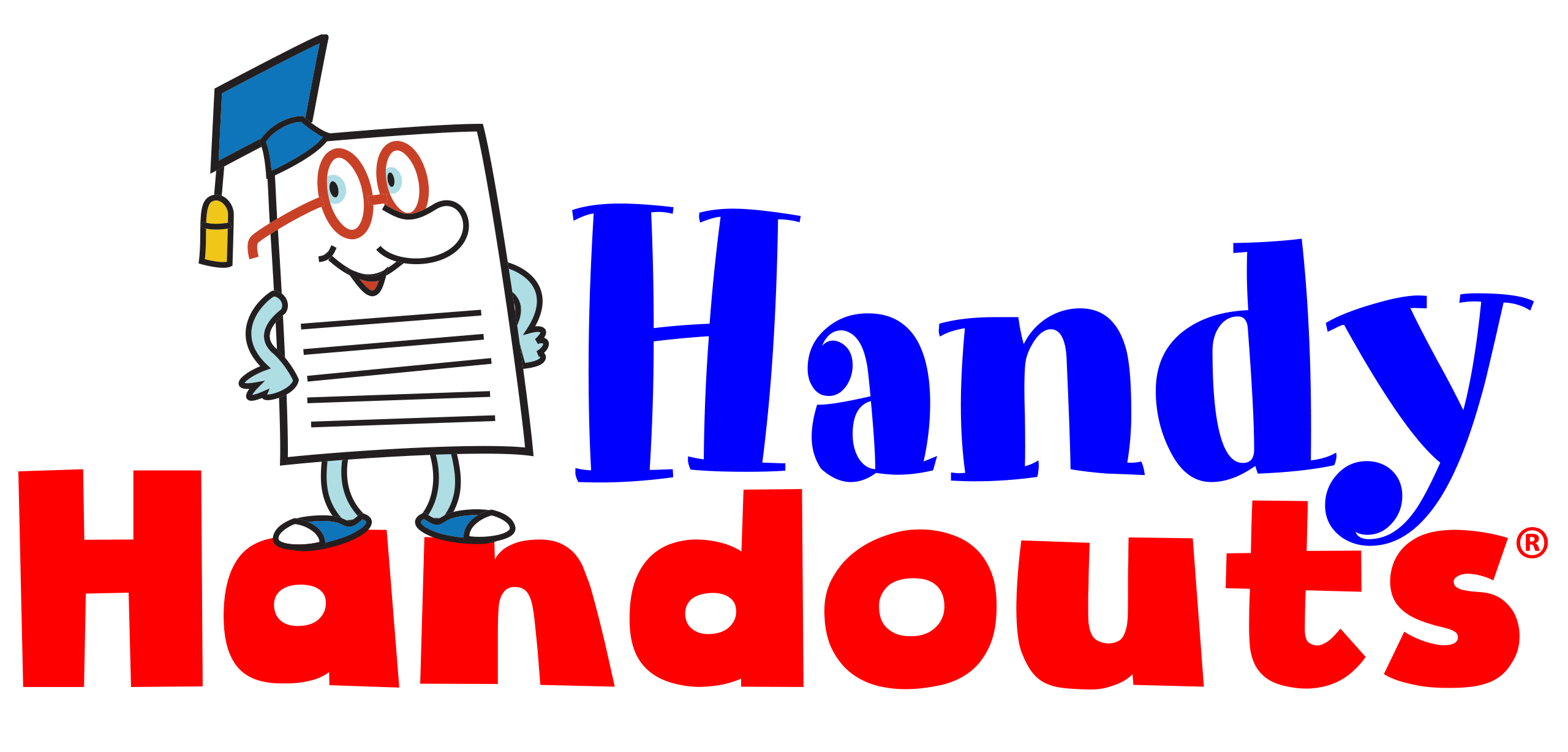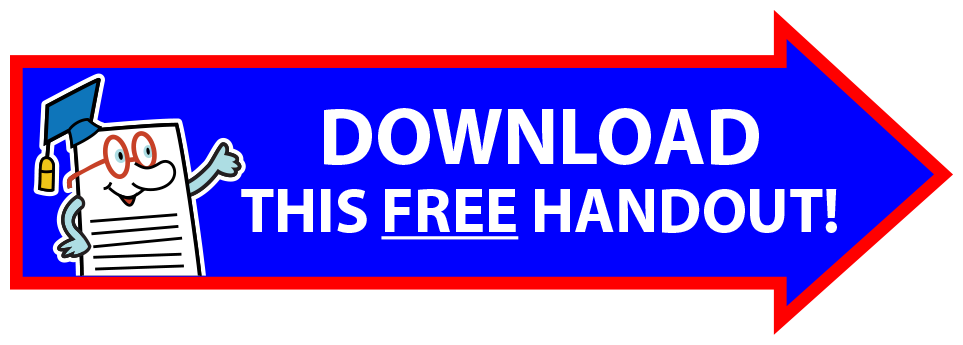by Susie Loraine, M.A., CCC-SLP
When teachers and speech-language pathologists talk about vocabulary, they are referring to the set of words that a child knows. Vocabulary can be split into two types: receptive vocabulary and expressive vocabulary. A child’s receptive vocabulary consists of the words the child understands when he/she hears or reads them. A child’s expressive vocabulary consists of the words the child uses when he/she speaks.
Learning Vocabulary
During the first few years of life, as babies begin to say their first words, it is easy to keep track of their growing vocabularies. Children typically understand or recognize more words than they actually use when speaking. For example, a toddler might only say five different words (e.g., dada, mama, doggie, bottle, more) but be able to understand many others—like pointing to the light when Mommy asks, “Where is the light?” or beginning to cry when Daddy says, “Bye-bye” as he leaves for work.
Vocabulary development does not stop once a child can talk. In fact, children learn many new words once they start reading and going to school. The chart below shows typical vocabulary development across several ages. Notice how quickly vocabulary grows over the first six years of life.
|
| 1 to 1 ½ |
Toddlers develop around a 20-word vocabulary during this time. |
| 2 |
By the time a child is 2 years old, he/she will have a 200–300-word vocabulary. |
| 3 |
Vocabulary grows to be about 900–1,000 words by the time a child is 3 years old. |
| 4 |
The typical 4-year-old child will have about a 1,500–1,600-word vocabulary. |
| 5 |
By the time a child reaches school age and heads to kindergarten, he/she will have between a 2,100- and 2,200-word vocabulary. |
| 6 |
The 6-year-old child typically has a 2,600 word expressive vocabulary (words he or she says), and a receptive vocabulary (words he or she understands) of 20,000–24,000 words. |
| 12 |
By the time a child is 12 years old, he/she will understand (have a receptive vocabulary) of about 50,000 words. |
Why is Vocabulary Important?
Vocabulary is the basis for learning language. Educational research shows that vocabulary strongly relates to reading comprehension, intelligence, and general ability. As children learn to read, they must learn to decode (sound-out) print, but they also must have a vocabulary base (word-knowledge) in order to make sense of what they decode. By third grade, however, children are reading to learn. For example, a child who is reading to learn about the Revolutionary War needs to know words like war, army, and horses (a basic vocabulary) to understand the history lesson. At the same time, however, the child will likely learn new words like artillery and revolution —continuing to build his/her vocabulary.
How to Encourage Vocabulary Development
Read to your child; read with your child; expose your child to plenty of reading materials. Talk to your child about the environment around you. Encourage your child to tell you about his or her day—what books he/she checked out at the library, who he/she sat by during lunch, something funny that happened at school, etc. There is a variety of games, books, and card decks designed around the development of vocabulary.
Resources
Owens, Jr., Robert E. (1996). Language development: An introduction (fourth edition). Boston, MA: Allyn and Bacon.
Stahl, Stephen A. (1999). Vocabulary development. Brookline, MA: Brookline Books.


